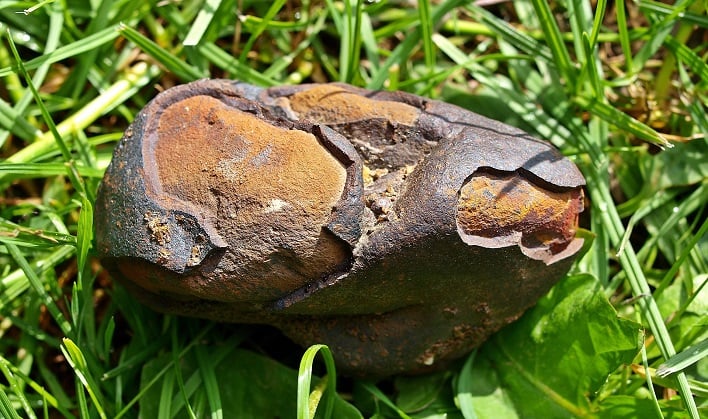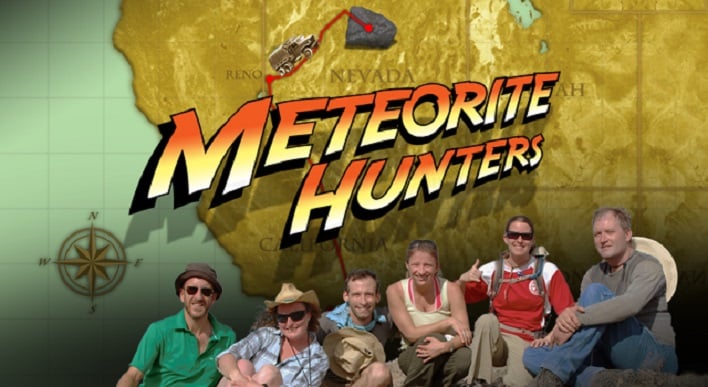Scientists Warn Don't Even Think About Using A Magnet If You Find A Meteorite

Meteorite hunting has turned into a big business, with one museum offering up to $25,000 for a meteorite fragment and other fragments garnering a payday of over a million dollars. While the hunters may be receiving their payout, scientists are not always getting what they are looking for out of the rare finds. Being that most meteorites consist of nickel and iron, a small magnet will stick to a space rock. This has led many hunters, as well as dealers and museum curators, to authenticate their finds with magnets. A new study shows that using this method "results in near-instantaneous destruction of its magnetic record."

Such was the case with an MIT study of the famous meteorite called Northwest Africa (NWA) 7034 (or Black Beauty). Even though scientists were able to determine multiple shards of the obsidian-black meteorite were an astounding 4.4 billion years old, they were unable to recover the valuable information concerning its Martian magnetic field.
This led the team to develop a mathematical model based that could help determine whether or not a small hand magnet had been used to re-magnetize a meteorite. It also allowed for scientists to figure out how deep the re-magnetizing penetrated the specimen.
The team does give meteorite hunters and others an alternative to verify their finds. They suggest using a low-field susceptibility meter that can measure a specimen's susceptibility to magnetism without erasing the critical Martian magnetic field data. These devices, however, are not cheap, with most going for thousands of dollars. So, if you are going to search for space rocks for a profit and want to preserve their value for scientific research, you are going to have to spend money to make money.

